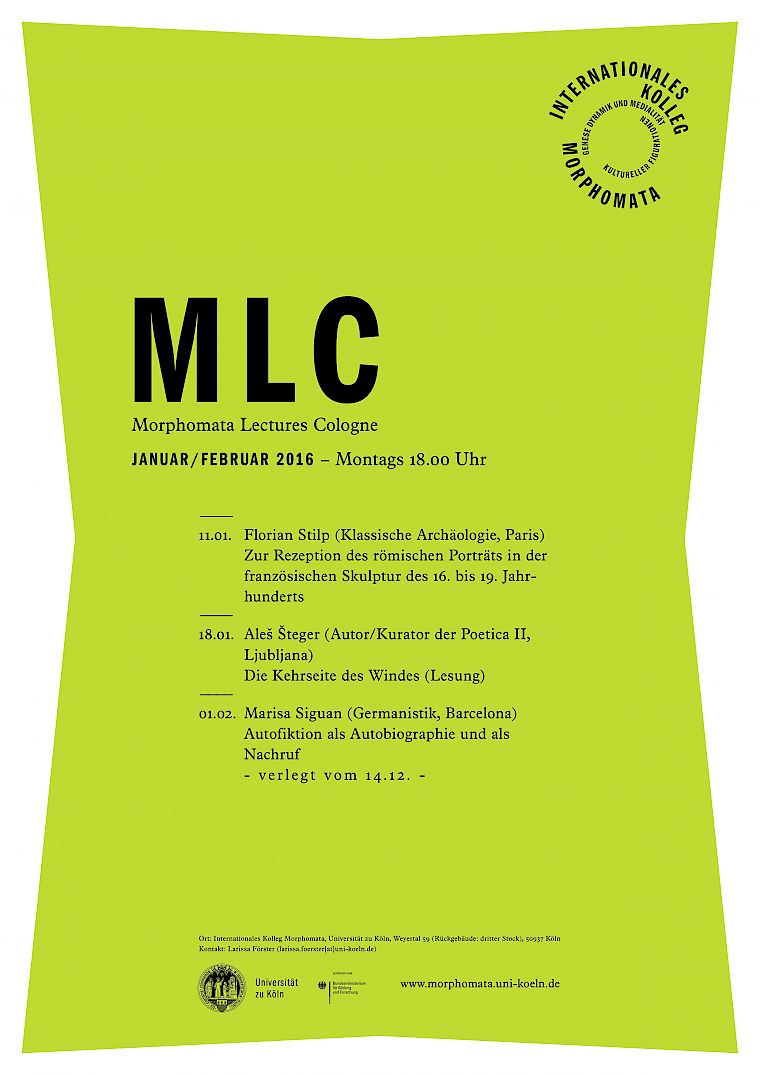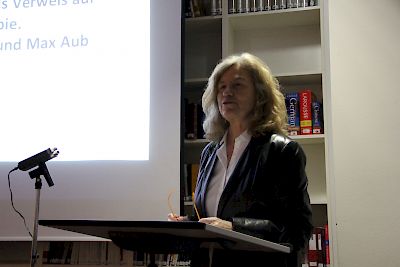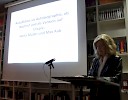The two authors I discuss in the paper are witnesses to different experiences of violence, of being damaged, and of being shocked. Herta Müller experienced the dictatorship of Ceauşescu, a socialist dictatorship after the Second World War, she experienced oppression, and in 1987 emigrated to Germany. Max Aub, on the other hand, experienced the Spanish Civil War and the downfall of the Spanish Republic, he went into exile, was interned in French camps, and was finally able to emigrate to Mexico, where he died in 1972.
The paper is thus about two authors who have experienced violence and exile and write from this experience. Their texts arise out of their own lived experience, which they want to document and to which they want to bear witness; they arise, that is, out of their own biography. Yet these are not autobiographical texts. To the contrary, Müller and Aub use fiction, they fictionalize their experience, and do so in the form of autofiction. I wish to show how this autofiction in the two authors, each in a different way, is an instrument for the pursuit of truth, but also one that creates distance from their own traumatic past, and how, at the same time, it functions as a medium for bearing witness and for obituary.
As documentation of the experience of violence we have here writing that draws from memory, and to that extent it faces backwards. But at the same time memory always also implies a forward-facing aspect: we remember in order to find our orientation in each particular ‘Now’. Thus memory is also turned towards the future – for we also remember what did not happen, but could have happened, that is, the past possibilities in our life or in historical events. Here there is also a utopian moment, which I wish to investigate.
In Herta Müller I wish to investigate the autofiction in writing the past – as pursuit of truth and as obituary for the victims of dictatorship – as well as the utopian moment of freedom in finding one’s voice. In Max Aub’s autofiction I am interested in the utopian moment that lies in the memory of missed chances in history. My point would be that all of this is possible only through autofictional narration, but not through autobiographical narration.


